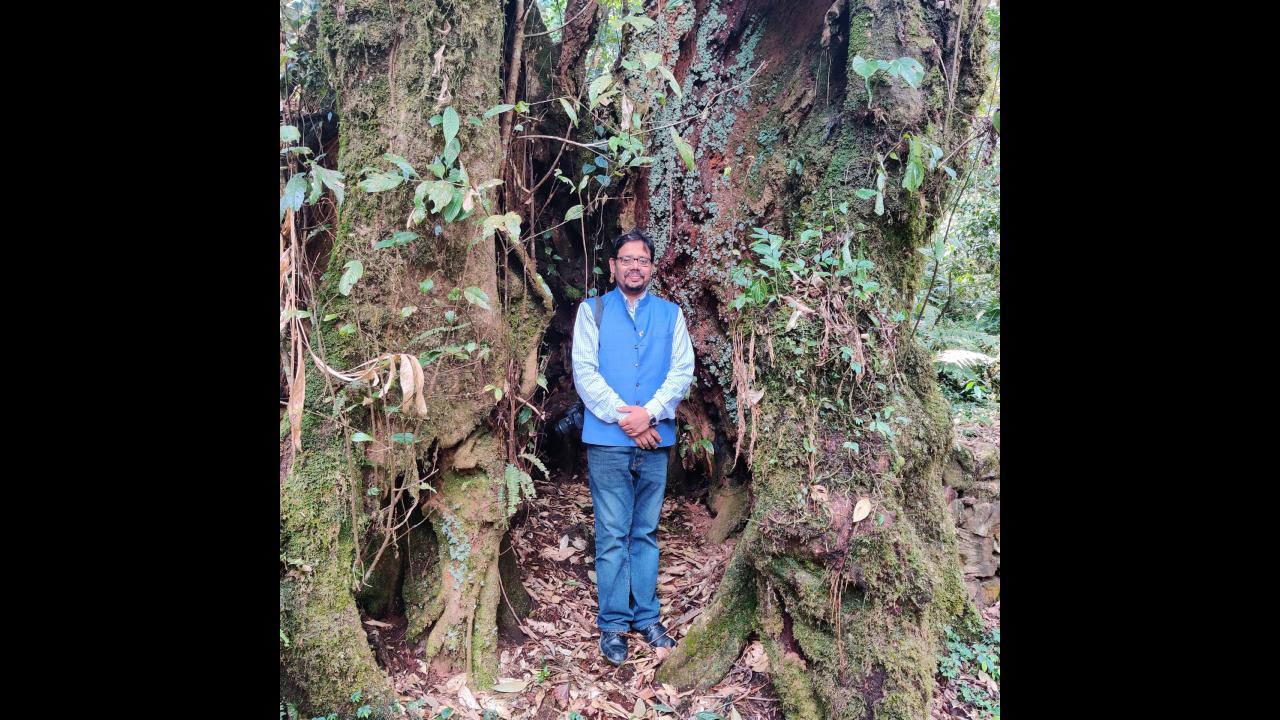The loss of wetland leads to ecological and economic collapse

ACCORDING to recent estimates by Wetlands International (WI) two out of every five wetlands in India have been lost in the last 30 years. The report by the global NGO highlights the diminishing wetlands in Delhi and Chennai, Ritesh Kumar, its South Asia Head, says all wetlands around India are at risk.
A national study in 2020 by WI South Asia showed that among 22 Indian cities, Mumbai had lost the maximum number of wetlands—71 per cent in 44 years. India has 7.7 lakh wetlands—5.5 lakh small ones and 2.2 lakh large ones covering 2.2 hectares. “Wetlands are aquatic systems,” says Kumar during a video interview with Sunday mid-day. “To destroy a wetland, invested parties have been changing the topography: Water flowing to the wetlands is diverted and polluted.” Conservation attempts are few and inadequate—mass tree planting drives are carried on wetlands and smart cities construct concrete structures near shores, despite including wetlands in sustainable ventures. Kumar also believes that people’s relationship with nature has changed.
Excerpts from an interview:
- What has changed since the 2020 report?
In general, it has become more problematic for developers and encroachers to convert wetlands; awareness has increased. Broadly, as a society, we know what wetlands are and the risk to them. Courts are also coming down heavy on wetland conversion, and citizens are also playing an important role of being the watchdog.
However, there is no denying that we are still losing them. Though we are entering a zone of stability, given the size of our country, there are multiple ways to destroy a wetland.
Mumbai is a coastal environment of seven islands together, and over a period of time, concretisation has converted wetlands to parks and buildings. In BKC, buildings stand close to mangroves. Historically, these areas would have all been mangroves.
- What do you think could have been done differently to protect the city’s wetlands?
I don’t have specific details of a project, but one thing I can say is that nature has to be respected. This is our natural heritage and we should not destroy or disturb it. Mumbai has a coastline which buffers, nurtures, maintains the climate system and draws tourism; we need to hand it over in a similar state to our future generation. Nature in itself is infrastructure.
- The report said when a wetland is destroyed, the whole system begins to collapse. How is that?
Wetlands loss has a butterfly effect, through many pathways: Excessive floods, and their ripple effect that will cause economic and ecological collapse. The city loses character, which has a cascading effect on everything. Our Asian water bird census on the wetlands show that one in four bird species are in decline. This is a heritage loss.
- How can people help?
The relationship of people with nature has changed. Historically, people played an important role in managing and protecting these ecosystems. Suddenly, all of this is seen as the government’s job; people are out of the picture. Unless it is an all-hands-on-board approach, wetlands cannot be conserved.

Atul Tiwari is a seasoned journalist at Mumbai Times, specializing in city news, culture, and human-interest stories. With a knack for uncovering compelling narratives, Atul brings Mumbai’s vibrant spirit to life through his writing.





